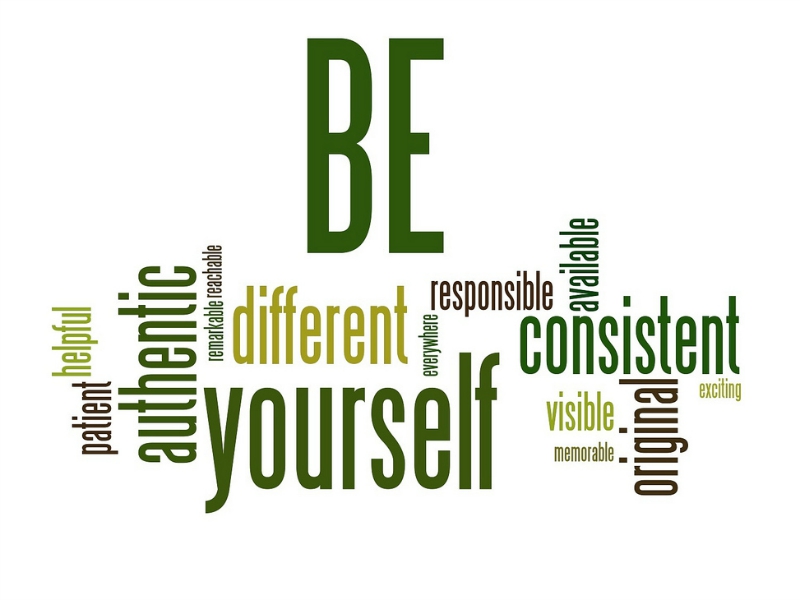Dushka Zapata 18 Aug 2015 // 5:41PM GMT

The use of the term “personal brand” makes me cringe. It’s not just that it sounds ego-driven. It’s that calling it that means that we’re missing something essential.
Wanting a personal brand assumes we need a brand to shape us. Really, it’s the other way around. We design, give shape to, determine a brand.
A “brand” was originally intended to anthropomorphize a company by giving it a personality, in order to make it unique, to tell it apart from others. You, a human being, already have a personality. You come equipped with it at birth. You don’t want to develop a brand. What you want is to identify the brand (if we must call it that) that you already have.
To do this, you have a single question to answer. What is it that you do that would be of service? To rephrase, what do you have to give to others? Can you articulate that? Think beyond your current job and even your next one. Think more along the lines of what matters to you, what you love, what you’d like to leave behind.
In the words of David Brooks, who wrote the brilliant article “The Moral Bucket List”, “Consider less your résumé virtues, and think about your eulogy virtues”. First because these are what most faithfully make you you – but also because this is what both individuals and the world need the most.
Focusing on what we want to leave behind is also the antidote to our increasing terror of becoming irrelevant.
You, a human being, already have a personality. You come equipped with it at birth. You don’t want to develop a brand.
“Relevance” means “connected,” as in “connected to the matter at hand.” It comes from the Latin “to lift, to raise up.” Relevance has to do with real life. Our secret, regular acts of heroism make us relevant. Our relevance is in being human, in loving, in being a part of our family, our community, in showing up. In other words, you don’t really need to “struggle to remain” something you already are.
Much like the concept of “a personal brand”, “struggling to remain relevant” is a false premise: it misleads you into assuming “relevance” is defined by clicks or likes.
The only way to escape this soul sapping like-chasing pathology is to operate from a place of conviction (I would say “authenticity” but feel we’ve beaten that one beyond recognition).
Put simply, it means you should spend time doing what makes you happy. It means you should do and say things because they are important to you.
“Do what you love” is not an idealistic platitude. It’s tied to competence, productivity, even relevance. When you love doing something, you want to do it a lot. You are – almost accidentally - practicing, improving, exploring, learning, expanding, all the time. There is no way to remain competitive against someone who loves what you slog through.
This practice of, in a sense, moving towards a sense of purpose through doing what matters to you, what makes you fulfilled in this moment, even if you are doing so inch by inch, trial and error, will unequivocally identify you. It will also make companies that you work for better for having you – and this energy you bring - be a part of them.
Who you are and what you do are meant to be cohesive. What you do all those hours that you are in the office amounts, in effect, to your life’s work. To quote Annie Dillard, “how you spend your days is, of course, how you spend your life.”
I don’t mean to imply that all of this is easy. It will, in fact, be the hardest, most important thing you do; an ever-evolving series of experiments that will take the rest of your life. But you will be creating something that feeds you, that provides a clear direction towards your own evolution, and that (hopefully) leaves things better than how you found them.
It’s about so much more than “managing your brand.” It’s how we each choose to contribute to make ourselves better, and in turn making the world a better place.
Dushka Zapata is managing director for Ruder Finn West.
Photo credit: Flickr user Stefano Principato


































.jpg)

















